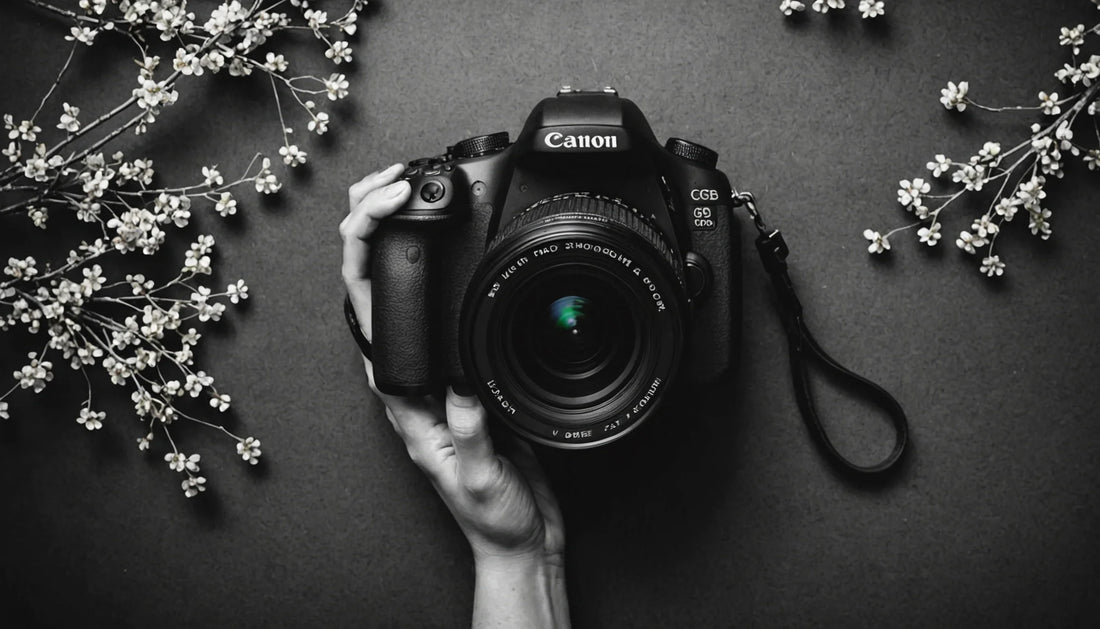When I vacation to the town of Kyoto, less than an hour’s teach experience from Nara-machi, to stop by the flagship store of the Hiroshima-based brush company Hakuhodo, I’m drawn into the planet of beautiful attractiveness brushes. The shop is a contemporary white box, with glowing show instances and a skylight reminiscent of a James Turrell installation, in distinction to the staid Ippodo tearoom across the road. In Kyoto, brush earning has all but disappeared — the remaining a few fude shokunin are way too number of to benefit dento kogei designation — but the metropolis is recognized for its regular arts and significant culture.
Hakuhodo makes use of the word “fude” liberally to explain its hundreds of make-up applicators, which glance like very specialised variations of cosmetics brushes offered in office merchants all over the environment. They are priced according to their supplies, and variety from somewhere around $15 to numerous hundred. 1 powder brush, enclosed in a plexiglass scenario on the wall, has Howdy Kitty painted in lacquer and gold dust on its handle (and expenditures approximately $800). I opt for a small fan brush for eliminating mascara clumps (when I try it afterwards with Japanese Dejavu Fiberwig mascara, it helps make me seem like I’m sporting untrue lashes), and a double-sided brush-comb for eyebrow grooming that has a 24 K gold ferule attaching it to a pleasantly weighty tackle lacquered the similar shade of vermilion as a shrine gate.
A polished saleswoman demonstrates me how a preferred eye shadow brush works in different ways based on the hair it’s designed from. Kolinsky (a sort of weasel hair banned in the U.S.) applies smooth, light color, and can be employed for concealer and gel shadows. Horse applies the shadow far more thickly, setting up it up quicker. And goat is good at depositing glitter and vivid color. She explains that tufts of synthetic hair are nicely suited for applying foundation immediately and blending liquid color, but purely natural hair picks up a lot more powder. A extended, slim brush for drawing on swoops of eyeliner seems to be like the menso fude in Tanaka’s shop, built for painting the facial area on a doll its delicate, flexible hairs just take specialist skill to handle, but can make a high-quality line of unparalleled magnificence.
Most of Hakuhodo’s brushes are, in simple fact, yofude, or Western-design and style brushes distinguished by a steel ferule keeping the bristles in put. Kumano, the city in Hiroshima in which they are produced, 1st created its identify with paintbrushes — and now cosmetics brushes. Hiroshima farmers who labored in Nara throughout the off-time utilized to bring residence fude to promote for extra income, and in the early 19th century, the Kumano domain sponsored Nara artisans to train these farmers the craft of brush generating. Now, 80 p.c of Japan’s brush manufacturing is completed in Kumano. The process is divided into discrete responsibilities, each assigned to a unique artisan, so it is easier to outsource to a machine or abroad factory.
Tanaka suggests accomplishing just about every phase herself, solely by hand, is inefficient but it can make you care about the full procedure. She’s dedicated to continuing the tradition of Nara fude, but her mate inspired her to incorporate makeup brushes to her repertoire. A compact glass case in her shop shows lip brushes like the ones depicted in 19th-century ukioy-e paintings of courtesans, and round powder puffs built of delicate pink-coloured goat hair set atop a stout cypress take care of that look like individuals of Kumano brushes. These she calls “burashi,” a Japanized pronunciation of “brush,” to distinguish them from fude. (I purchase an itachi lip brush with a handle designed of bamboo and drinking water buffalo horn, but it is so beautiful I’m concerned to use it.)
As passionate as she is about Nara fude, Tanaka tells me she would discourage just about any younger human being from having on the a long time of analyze, dirty, painstaking labor and uncertainty that occur with a profession making brushes. She earns sufficient to continue to keep her store open up, but it was her husband’s salaryman position that supported their family. I talk to why she’s stuck with it all these several years. She replies, “Because it’s continue to fun and exciting.” In her coronary heart, she says, she wishes her daughter (now a mother, also) could obtain the exact pleasure in earning fude.





